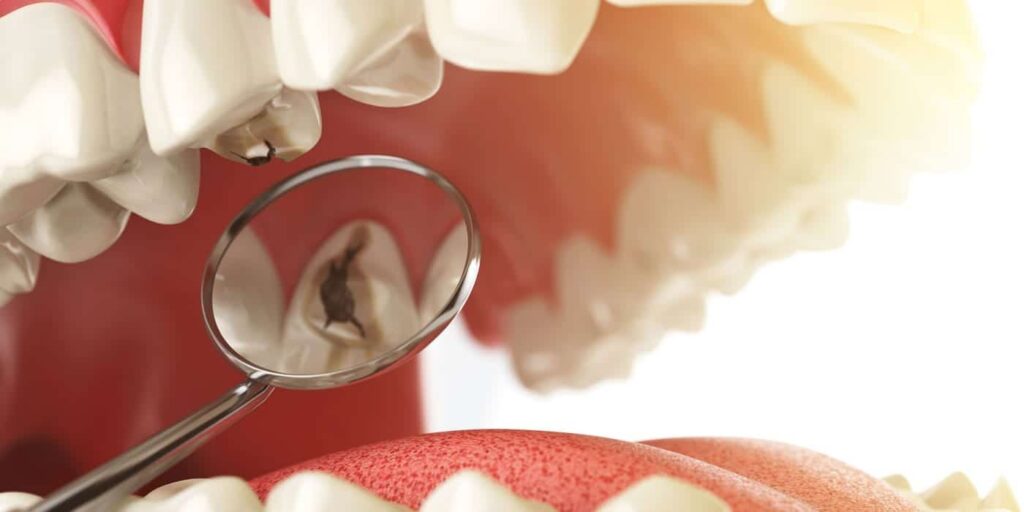Dental Extractions
Having a tooth pulled in adulthood is sometimes necessary.
At Wilshire Smile Studio, a team of experts will do everything they can to save your natural teeth, from filling cavities to root canal therapy to keep a tooth from dying.
There are times when extraction is the best way to preserve the health and integrity of the rest of your mouth as well as your physical health

THERE ARE OTHER GOOD REASONS:
- Although permanent teeth were meant to last a lifetime, there are a number of reasons why tooth extraction may be needed. A very common reason involves a tooth that is too badly damaged, from trauma or decay, to be repaired. Other reasons include:
- A crowded mouth. Sometimes dentists pull teeth to prepare the mouth for orthodontia. The goal of orthodontia is to properly align the teeth, which may not be possible if your teeth are too big for your mouth. Likewise, if a tooth cannot break through the gum (erupt) because there is not room in the mouth for it, your dentist may recommend pulling it.
- If tooth decay or damage extends to the pulp — the center of the tooth containing nerves and blood vessels — bacteria in the mouth can enter the pulp, leading to infection. Often this can be corrected with root canal therapy (RCT), but if the infection is so severe that antibiotics or RCT do not cure it, extraction may be needed to prevent the spread of infection.
- Risk of infection. If your immune system is compromised (for example, if you are receiving chemotherapy or are having an organ transplant), even the risk of infection in a particular tooth may be reason enough to pull the tooth.
- Periodontal (Gum) Disease. If periodontal disease — an infection of the tissues and bones that surround and support the teeth — have caused loosening of the teeth, it may be necessary to the pull the tooth or teeth.
- Wisdom teeth sometimes don’t have enough room to grow properly, becoming “impacted” between other teeth, the jaw, and gums, causing other teeth to move out of alignment. They can become infected and painful and must be removed.
Have a question?


